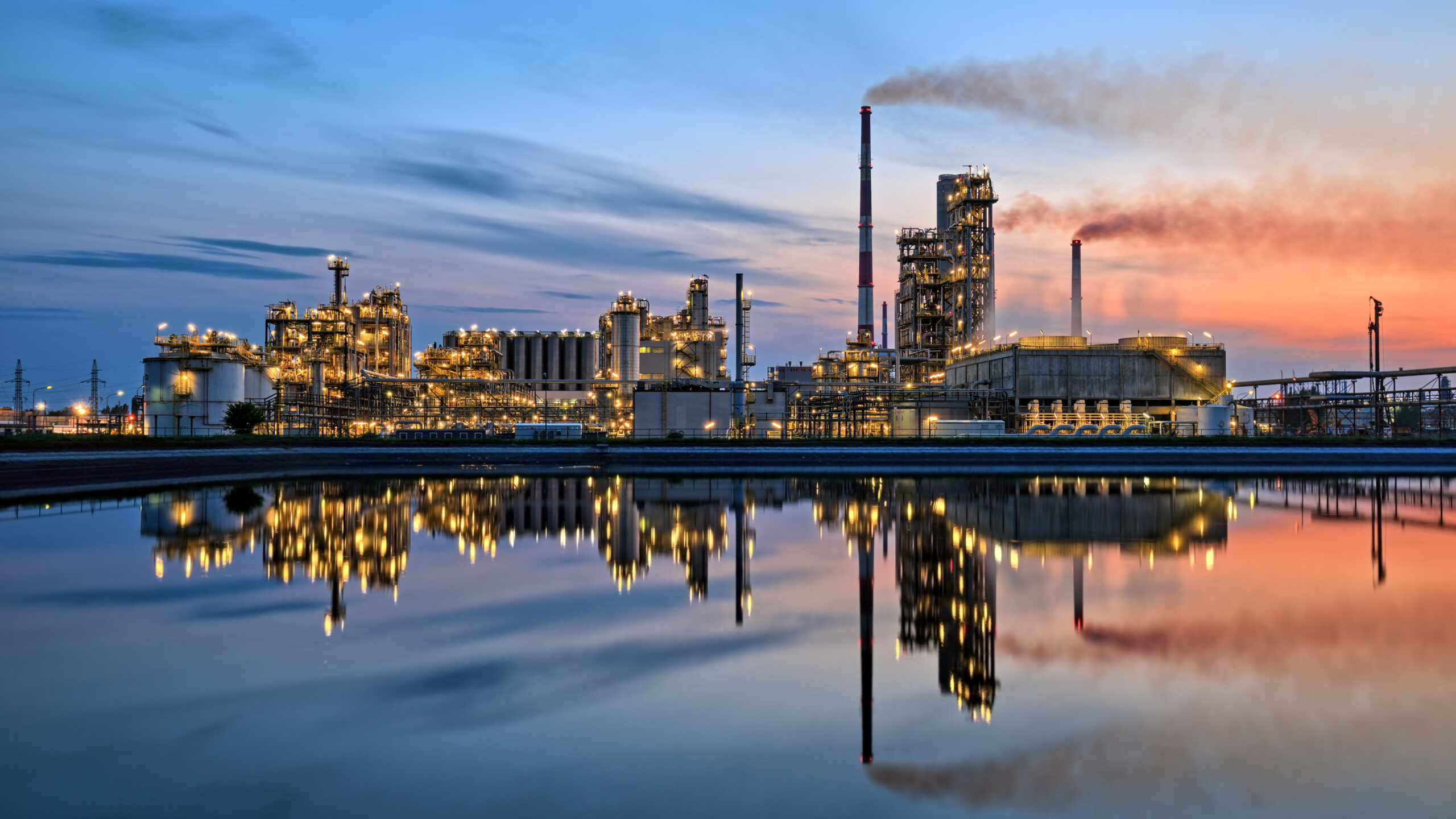In today’s rapidly evolving energy industry, maintaining process safety and operational efficiency in refineries is a crucial factor for compliance and profitability. Failure to sustain safe and efficient operations can lead to environmental disasters, accidents, unplanned shutdowns and substantial financial losses.

Artificial Intelligence (AI) now provides powerful tools to help refinery leaders and engineers overcome these challenges. In this blog, we will explore the key challenges associated with process safety and efficiency in refineries and discuss how engineers can leverage AI to mitigate these risks.
Maintaining a successful refinery safety plan in a high-risk environment
Refinery works are exposed to a variety of occupational safety hazards. Crude oil refinery equipment like boilers and heat exchangers operate under high-pressure, high-temperature conditions and any malfunction can have catastrophic consequences. Volatile materials like hydrogen sulfide and hydrogen fluoride can sicken workers or harm the surrounding environment in the event of a leak. In the petrochemical industry, it is critical to follow safety regulations and maintain a reliable operation to maintain the physical safety of employees.
Failure to adhere to the three pillars of refinery safety – fire protection, occupational safety and process safety – can have wide-reaching consequences. Safety incidents often lead to unplanned shutdowns, disrupting production and causing significant revenue loss. Additionally, companies face legal liabilities, fines and reputational damage from safety failures, which can have long-lasting impacts.
Improving refinery safety over time
Fortunately, refinery safety has improved over time: according to a 2020 study by the American Petroleum Institute (API), refinery employees are five times less likely to be injured on the job than workers in other manufacturing sectors. Standards Developing Organization (SDOs) like API, the National Fire Protection Association (NFPA) and ASME are continuously developing new standards, recommended practices, and codes like Boiler and Pressure Vessel Code (BPVC) designed to keep refinery workers and the environment safe.
In the U.S., regulatory bodies like the Occupational Safety and Health Administration (OSHA) and the Environmental Protection Agency (EPA) also maintain regulations to improve process safety and reduce hazardous chemical releases. Following these regulations, recommended practices and standards is key to implement a successful refinery safety plan and protecting the physical safety of employees. Additionally, process safety rules establish guidelines for creating a safe working environment and preventing safety incidents in the future.
Want to hear our industry experts discuss AI and efficiency in refineries?
Leveraging AI for safety and compliance in refineries
However, regulations change – often in response to safety incidents or new political administrations – and the standards they reference change as well. Keeping track of the regulations and Incorporated by Reference (IBR) standards in a refinery safety plan is no simple task.
Now, AI-powered solutions can help you stay up-to-date with standards and regulations. AI tools can send automated alerts directly to your inbox when a standard or regulation changes. After an engineering standard changes, AI-powered document comparison tools can help you quickly identify and understand the standard’s updates, and how it will impact your operations.
Driving profitability with efficiency
Efficient refinery operations are directly tied to profitability. Output, downtime, unplanned equipment maintenance and energy/water usage are good indicators of a refinery’s efficiency. High output, low downtime, low energy usage and few unplanned outages are signs of success, while the opposite is a sign that a refinery’s processes should be evaluated.
Ultimately, inefficient refinery operations negatively impact revenue and profitability. Unplanned maintenance is costly and can lead to unexpected downtime, decreasing output. High energy and water consumption drives up operational costs and works against low carbon initiatives. In addition to these financial impacts, companies that do not meet their carbon reduction targets may face legal penalties or suffer from reputational damage.
Increasing efficiency and maintaining reliable operations requires a robust reliability program – a task that is easier said than done. Reliability programs require rigorous equipment monitoring, consistent execution, quick troubleshooting and a team of skilled mechanics. It takes time to design and integrate these plans with existing infrastructure while maintaining normal plant operations. Analyzing sensor data involves a considerable amount of manual work, in addition to the time and labor required to troubleshoot and repair when incidents occur.
AI can help with improving safety and streamlining refinery operations by providing real-time insights into process performance, identifying inefficiencies, and suggesting improvements. AI tools can analyze vast amounts of data to predict potential equipment failures before they happen. They can also assist in optimizing maintenance schedules, ensuring that equipment like boilers and heat exchangers operate safely and efficiently. This not only boosts output but also helps reduce energy consumption and operational costs.
Unlock the full potential of AI in refinery operations
AI offers powerful solutions for overcoming the critical challenges of safety, efficiency and profitability in refineries. By leveraging AI tools, engineering leaders can predict equipment failures, streamline operations and ensure compliance with evolving regulations. To see how Accuris solutions can help your refinery achieve these goals, sign up for a demo today.

